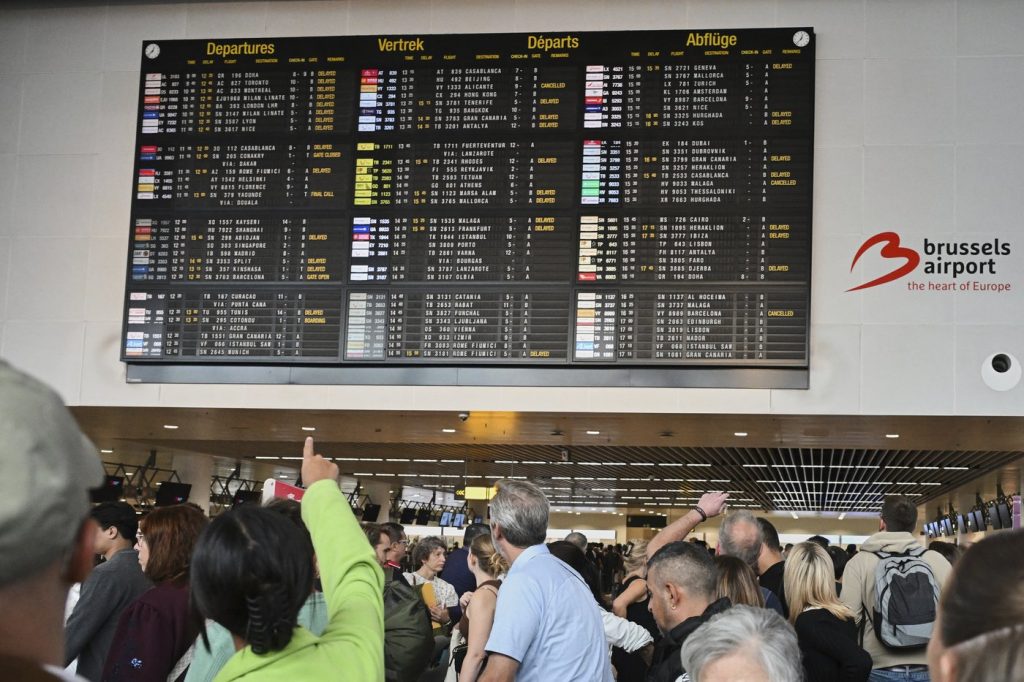The Pentagon has announced a new policy that will require credentialed journalists at military headquarters to sign a pledge agreeing not to report on any information that has not received prior authorization for release, including unclassified information. This policy, outlined in a 17-page memo distributed on a Friday, tightens media restrictions established during President Donald Trump's administration.
According to the directive, all information must have approval for public release from an appropriate authorizing official before being disclosed, irrespective of its classification status. Journalists who fail to comply with this policy face the risk of losing their credentials, which grant them access to the Pentagon. The new requirements also include a series of security stipulations for media personnel operating within the Pentagon.
Press freedom advocates have condemned the non-disclosure requirement, viewing it as an attack on independent journalism. The memo's release coincides with an ongoing trend of escalating threats, lawsuits, and government pressure from the Trump administration aimed at reshaping the American media landscape. National Press Club President Mike Balsamo, who is also the national law enforcement editor at The Associated Press, stated, "If the news about our military must first be approved by the government, then the public is no longer getting independent reporting. It is getting only what officials want them to see. That should alarm every American."
Defense Secretary Pete Hegseth, a former personality with Fox News Channel, remarked on the new restrictions in a post on social media platform X. He emphasized that "the press does not run the Pentagon—the people do," asserting that the press would no longer be allowed to freely navigate the halls of this secure facility. Hegseth insisted that journalists must "wear a badge and follow the rules—or go home."
This year, the Pentagon has taken action against several news organizations, evicting them and implementing numerous restrictions. These include prohibiting reporters from accessing large parts of the Pentagon without a government escort, areas that previously had no such restrictions in prior administrations. The Pentagon faced embarrassment earlier when an editor from The Atlantic, Jeffrey Goldberg, was mistakenly included in a Signal chat where military plans were discussed. Consequently, Trump’s former national security adviser, Mike Waltz, was shifted to another role following the incident.
The Defense Department has experienced additional challenges, such as managing a leak concerning a scheduled military briefing for billionaire Elon Musk regarding U.S. plans in a potential conflict with China. This particular briefing was ultimately canceled on Trump's orders, leading to the suspension of two Pentagon officials as part of an internal inquiry into the leak.
Media organizations have voiced strong opposition to the Pentagon's new policy. The Society of Professional Journalists characterized it as "alarming," denouncing it as prior restraint—a critical violation of press freedom under the First Amendment. The organization argued that such attempts to inhibit press activities under the pretext of "security" form part of a troubling pattern of increasing governmental hostility toward transparency and democratic principles.
Additonally, Matt Murray, the executive editor of The Washington Post, articulated that the policy contradicts public interest. In an editorial statement, Murray asserted that "the Constitution protects the right to report on the activities of democratically elected and appointed government officials." He marked any effort by the government to control media messaging and limit access as directly opposed to First Amendment rights.












